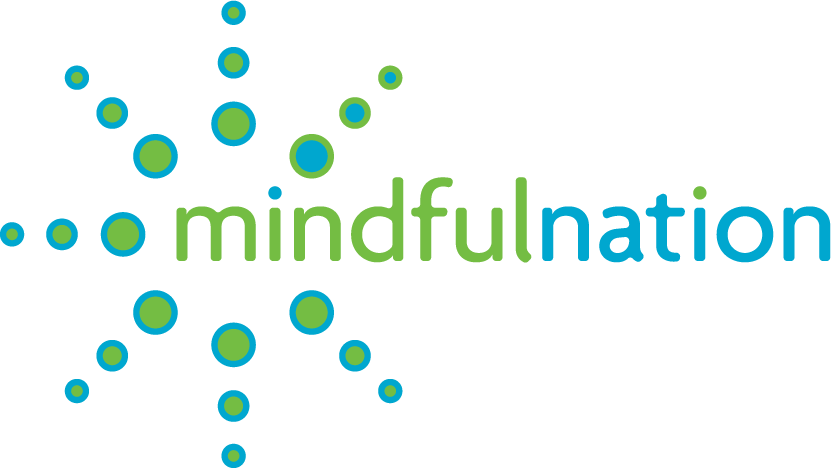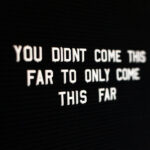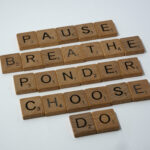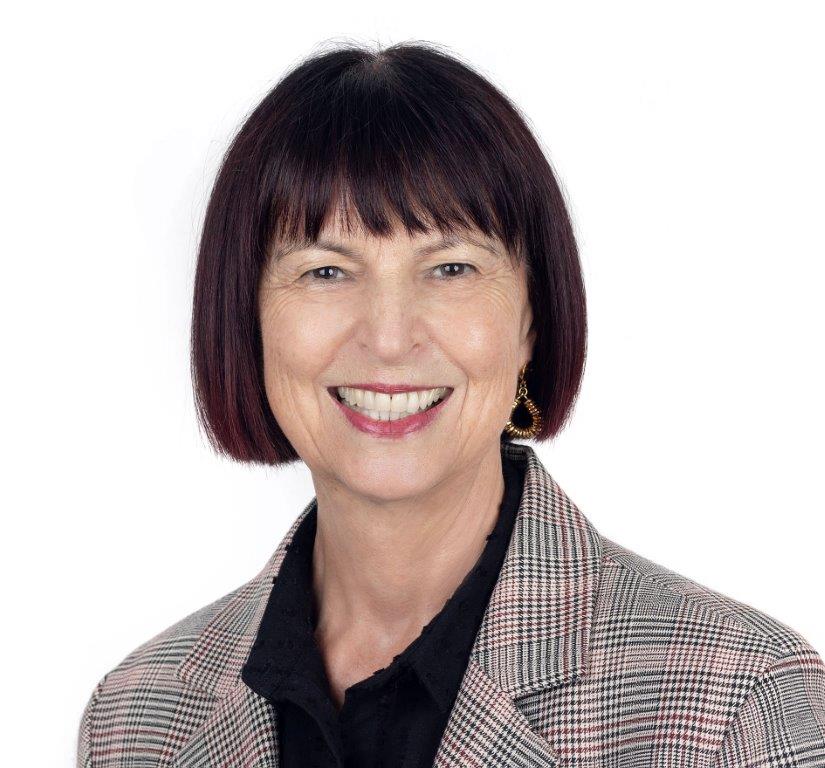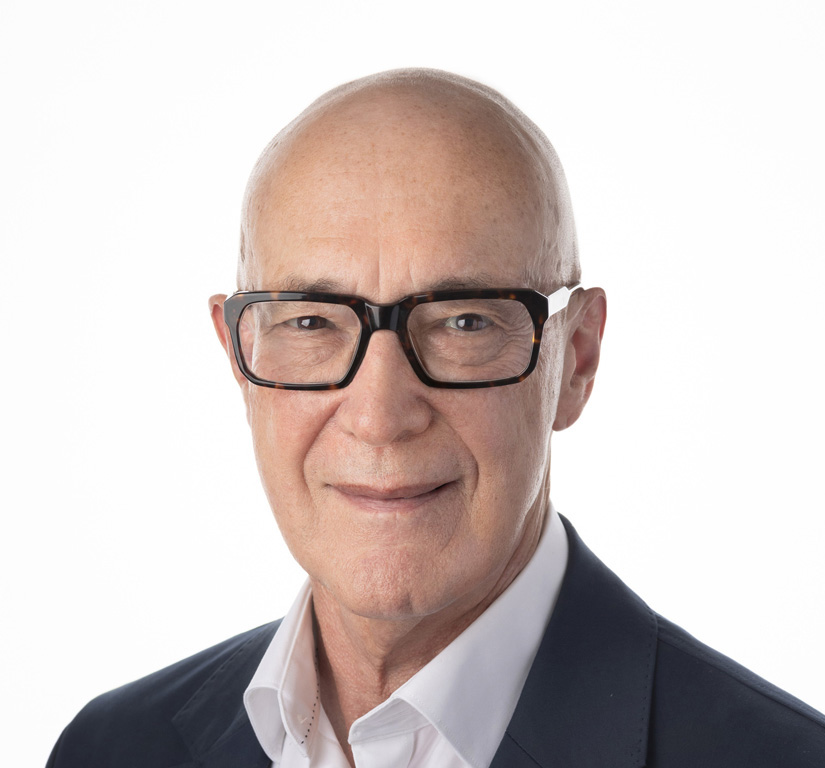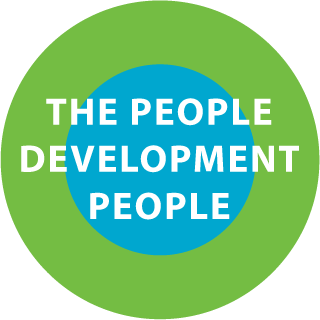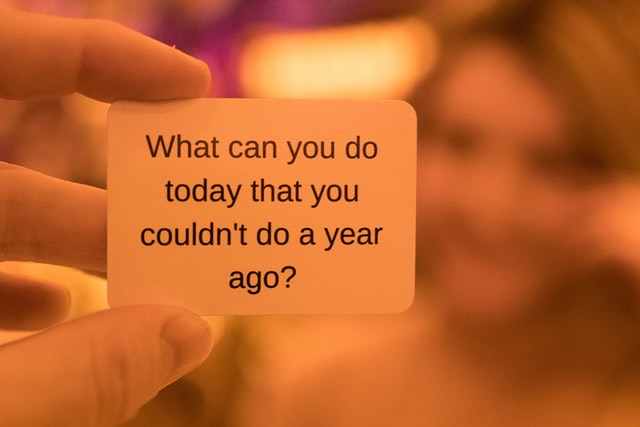
Personal Effectiveness
“The biggest skills gap in companies in the United States is soft skills”
– Jeff Weiner: Linked In Executive Chair (and former LI CEO).
And here at Mindful Nation we suggest this applies to businesses in our part of the world as well.
‘Soft skills’ – how we communicate and get along – start with knowing who we are, and how we show up.
People who understand themselves and their abilities deal better with unexpected situations and lead more fulfilling lives and have more faith and confidence in themselves, which is an essential part of success and satisfaction. They have developed the skill of Personal Effectiveness.
Personal effectiveness is all about knowing yourself, understanding what drives your behaviour, and learning how to develop behavioural adaptability so you can respond usefully, regardless of the circumstance or situation.
Personal effectiveness – often linked to positive wellbeing – is an important part of leading a successful and fulfilling life. In a professional sense, it’s an important skill that means you will be more confident, productive, resilient, and better able to make progress, and achieve your goals, no matter what your role is.
Personal effectiveness is an important quality to have if you want to work effectively with others. It also helps to reduce stress and avoid unnecessary conflict.
Developing your personal effectiveness is an on-going process. And while the steps are simple and straightforward, there is mental discipline and effort required. Although ‘soft’ implies fluffy, easy, comfortable, without strength, there’s nothing easy or comfortable about doing what it takes to change long-standing patterns of thinking, feeling and behaving. But neuroscience tells us that regardless of the current quality of our thoughts, feelings and actions, or our age, the elasticity of the brain means we have the ability to change our brain’s pathways and therefore the quality of our life, both professionally and personally.
And it’s never too late (or early!) to start. Check out our Personal Effectiveness Program.
PS: The term ‘soft skills’ was originally coined by the US Army to describe “job-related skills involving actions primarily affecting people and paper” as distinct from working with equipment, the ‘hard skills’ or technical aspects of the job. The term got picked up in the early 1970s when the US Army held a Soft Skills Conference, and has been in use ever since. Basically ‘soft skills’ are how you do something, and ‘hard skills’ are what you do. We need both to operate at the top of our game.
Image credit: Miquel Parera – Unsplash
-
Anti-fragile
October 3, 2022 -
Emotional Intelligence
September 5, 2022 -
Self-Awareness
August 1, 2022
